20+ Years Experience
Specialist Business Insolvency Company

Insolvency lawyers play an essential role in helping people, businesses, and other organizations navigate the complex law surrounding insolvency.
This page provides an overview of the profession – outlining its primary functions, the key qualifications for practitioners, and the essentials of practising insolvency law.
It also delves into the questions surrounding who can file for insolvency, what processes are involved, what courses should be taken to become an insolvency lawyer, and how to best utilise this unique legal skill set.
Read on to better understand how an insolvency lawyer can help you or your organisation get back on track.
Insolvency law is the framework that governs the insolvency process, which is the restructuring of a company’s financial position when it is experiencing financial difficulties. Insolvency can occur for a variety of reasons, including, but not limited to, mismanagement, changes in the marketplace, or fraud. I
nsolvency proceedings involve an insolvent company, its creditors, and insolvency lawyers or insolvency practitioners.
Voluntary liquidation occurs when a company decides to end its business activities. Compulsory liquidation is triggered by court order. In either case, the insolvent entity will be placed into the hands of a licensed insolvency practitioner who will take control of the company’s assets and work to repay creditors as much money as possible.
When a company is in administration, an administrator is appointed to manage its affairs, and the company is protected from creditors enforcing their debts. The administrator will devise a recovery plan to improve the business operations, making it more efficient and better-suited for profits. Failing this, the company may have to be liquidated.
Creditors are those who have extended credit to the insolvent company on the condition that it will be paid back later.
They can take various forms, such as banks, suppliers, and trade creditors. Creditors can demand payment from debtors through a statutory demand, which requires payment within 21 days.
Restructuring is a method used to majorly alter a company’s debt, operations, or structure. Consent of the creditors must be obtained in order for this to take place. It can involve a variety of actions with the aim of helping the company return to financial health.
Finally, a Company Voluntary Arrangement (CVA) is a formal restructuring agreement between a company and its creditors, facilitated by an insolvency practitioner. Its goal is to reduce the struggling business’ debt repayments, free up working capital, and write off remaining debts where appropriate.
In summary, insolvency law is the legal framework that governs the insolvency process. It involves insolvent companies, creditors, and insolvency lawyers or insolvency practitioners, and takes various forms including voluntary and compulsory liquidations, restructurings, and statutory demands. The aim of these proceedings is to maximize the amount of money that can be returned to creditors and ensure a fair resolution to the company’s financial difficulties.
Insolvency practitioners and insolvency lawyers – what’s the difference? Are they like two sides of a coin, or more like apples and oranges? Let’s take a closer look.
To become an insolvency practitioner, you need to be qualified and have extensive experience in the field of insolvency law. You must also be certified by a professional body such as the Insolvency Practitioners Association (IPA) in the UK, which requires at least five years’ experience plus a relevant degree or qualification.
On the other hand, if you want to become an insolvency lawyer, you’ll need to get admitted to practice law and join your local bar association. This means having a law degree followed by postgraduate qualifications in insolvency law, plus several years’ experience in this area.
So what do these professionals actually do? Well, think of it this way: An insolvency practitioner is like your financial advisor when times are tough – they provide advice and assistance on how best to manage debt and negotiate settlements with creditors. Meanwhile, an insolvency lawyer is more like your legal representative – they represent clients in court proceedings related to restructuring or bankruptcy matters while providing guidance on UK laws regarding these issues.
In conclusion, both professions play important roles within the world of finance; one provides advice while the other offers representation – but both require specific qualifications and expertise that make them integral parts of any successful resolution process!
Insolvency lawyers are experts in the field of corporate insolvency, assisting companies in financial difficulty. They provide legal advice and represent clients in court proceedings, as well as negotiating settlements with creditors. Insolvency lawyers help creditors get their money back and assist companies to restructure their debts.
They also help companies manage their assets, protect their interests and take legal action in certain cases.
Insolvency lawyers can assist businesses with a wide range of issues related to insolvency, such as defending clients being pursued by creditors or liquidators. They provide advice on the best course of action and have a deep understanding of commercial awareness.
Insolvency lawyers help businesses make informed decisions in such a situation. They provide expert advice on how to manage the company’s assets best in order to repay creditors.
Insolvency lawyers investigate payments and transferred assets made within two years before the company becomes insolvent. This is to check for fraudulent or preferential payments before insolvency. Insolvency lawyers use forensic accounting methods, document review and interviews to detect fraudulent activities.
To make sure that creditors get the most money possible, they act quickly to decide the best way forward.
Insolvency lawyers provide a lifeline to businesses in financial difficulty – but what do they actually do? They are like the lifeguards of the business world, helping companies navigate choppy waters and find solutions to delays and problems.
By providing advice, they help businesses make decisions that protect their interests and ensure the best outcome is achieved.
Insolvency lawyers have an encyclopedic knowledge of UK insolvency law, offering practical and strategic advice on restructuring and insolvency matters as well as legal guidance on any decisions made.
With their expertise, businesses can be sure they will reach safe shores.
Insolvency lawyers represent their clients in court like a knight in shining armour, providing legal advice and fighting for their corner when creditors or liquidators come knocking.
They help uncover hidden assets and negotiate with creditors, protecting their client’s interests throughout the proceedings to ensure the best possible outcome. But how can you make sure your case is heard fairly? By having an insolvency lawyer on your side.
Insolvency lawyers negotiate settlements with creditors like a skilled chess player, helping to ensure the best outcome is achieved for both parties.
They can help companies set up payment plans as easily as pie, as well as renegotiate terms of existing debt.
They also provide legal advice on fraudulent and antecedent transactions and Company Voluntary Arrangements (CVAs).
Having an insolvency lawyer negotiate on behalf of a business can be advantageous like having a superpower – they can help to protect the interests of the company, as well as those of other parties such as creditors.
They can also provide expert advice like a wise sage to ensure that the wrongful trading company pays its debtors in full. But how do they act quickly and efficiently? Insolvency lawyers move swiftly and decisively to guarantee that all involved get the best possible result.
Our law firm is a nominee for the insolvency law firm of the year because of our commitment to providing the best advice and representation to clients dealing with corporate insolvency issues. Our lawyers have years of experience dealing with insolvency matters and are highly qualified solicitors specialising in insolvency.
At Summit Law, we strive to get to the heart of insolvency issues quickly and help our clients find a solution as soon as possible.
We understand that dealing with financial distress, restructuring and other insolvency issues can be stressful, so we strive to provide our clients with legal advice and representation to make them feel comfortable and assured.
We believe that the best way to serve our clients’ aims and interests is to get to know them and their business. We take the time to understand their needs and objectives, and then provide tailored advice to help them navigate their insolvency issue.
Our lawyers can assist companies with asset recovery, advise creditors on their rights and help businesses restructure in a way that best serves the interests of all stakeholders.
Our team of experienced lawyers are experts in UK insolvency law, and they act in the best interests of their clients by providing sound legal advice and representation. With our help, clients can be confident that their insolvency issues will be resolved quickly and efficiently.
Insolvency law is an incredibly important field to understand for businesses in financial difficulty, and for those looking for the best possible outcome in such cases.
Insolvency lawyers provide important advice and representation to these businesses, from giving legal advice to navigating courtroom proceedings, and also protecting the interests of all stakeholders involved.
At Summit Law, our experienced solvency lawyers specialize in providing tailored advice and representation for our clients, ensuring their insolvency concerns are properly taken care of in a timely manner.
Bankruptcy lawyers represent an invaluable source of expertise and protection for companies in financial distress.
Insolvency is a complex financial situation when an individual or business is unable to pay its creditors. It involves not just debt restructuring, but may also involve bankruptcy proceedings, disqualification of directors and investigations into corporate matters.
In all cases, an Insolvency Practitioner must be employed to provide advice for dealing with the insolvency.
Insolvency is a situation that can affect both individuals and corporations. For example, an individual may be declared insolvent if their debts exceed their assets, meaning they are unable to pay back their creditors.
Similarly, a company may go into insolvency if its liabilities outweigh its assets. In either case, insolvency can have severe consequences for the affected parties.
In simple terms, insolvency is a term used to describe the financial situation of an individual or business that cannot pay its debts when they are due. Insolvency can be caused by a variety of situations and indicates that the entity in question has more liabilities than assets or income available.
Going into insolvency means that an individual or organization is unable to pay their debts on time and is unable to fulfill their financial obligations. Creditors may take legal action in order to retrieve the money owed to them, which can include liquidating a person or company’s assets in order to repay the debt.
Here are some other informative articles about business debt in the UK:

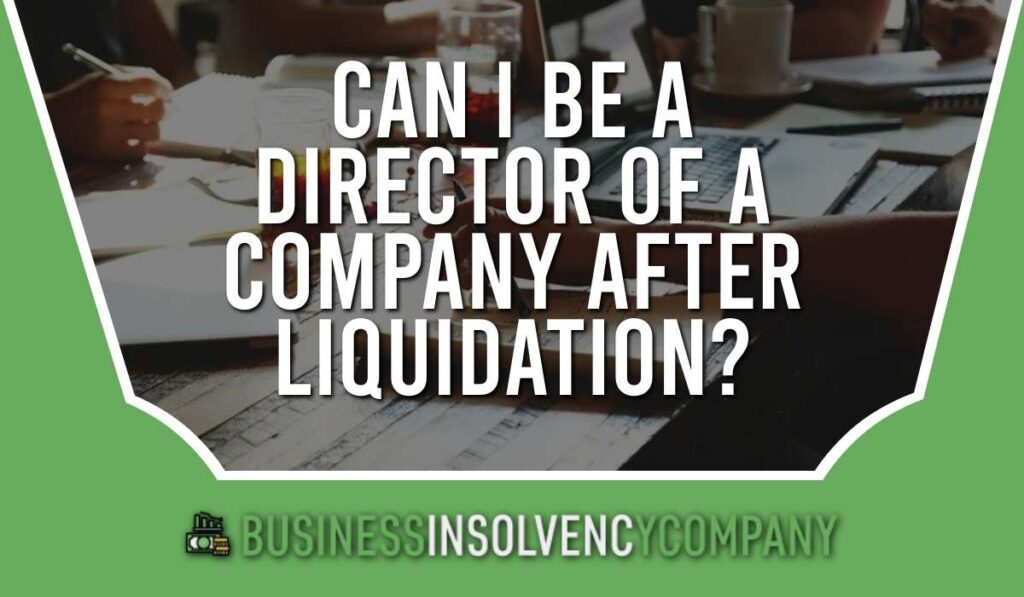











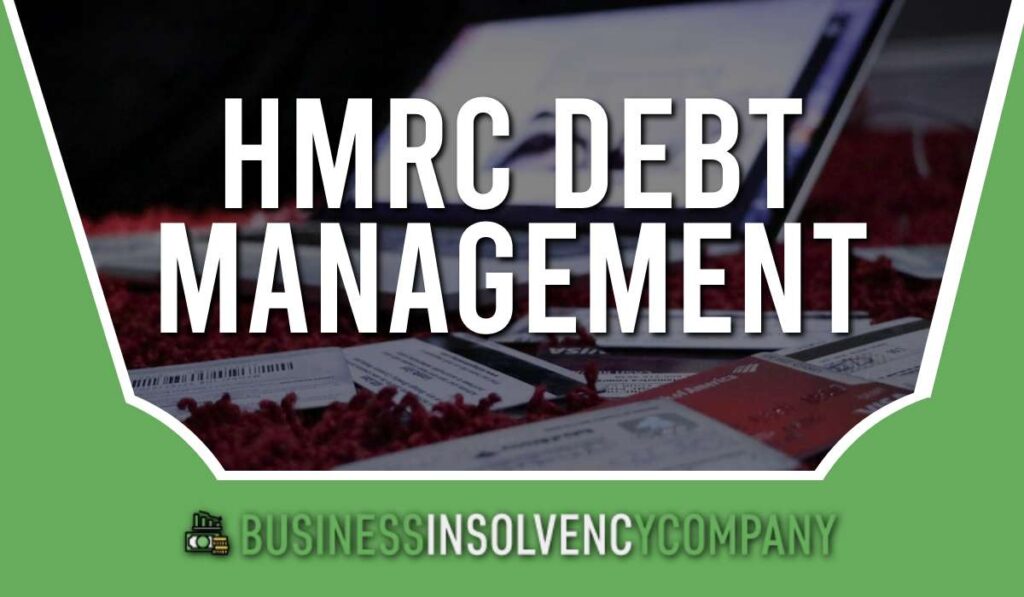

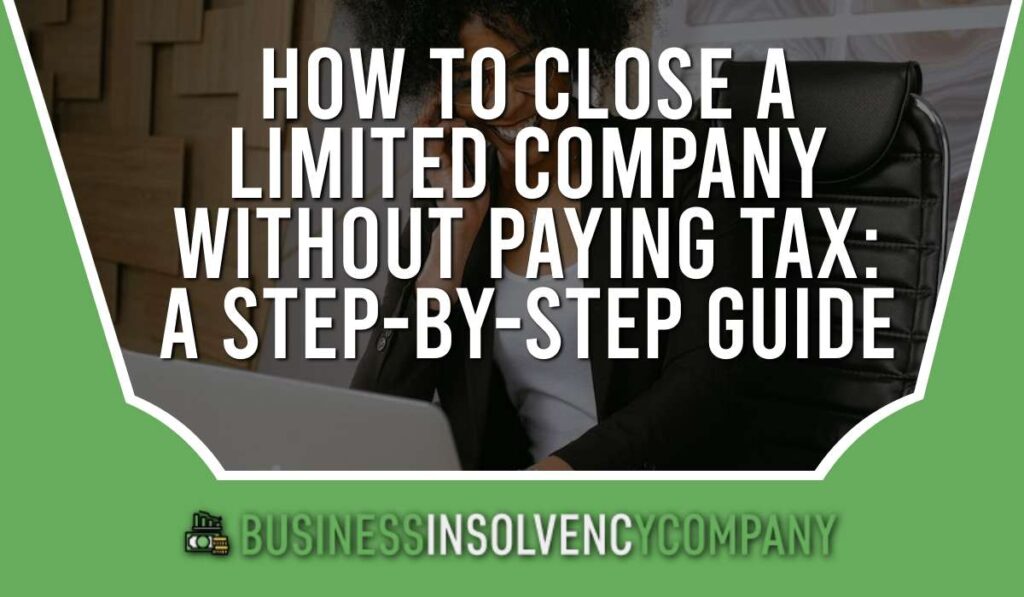











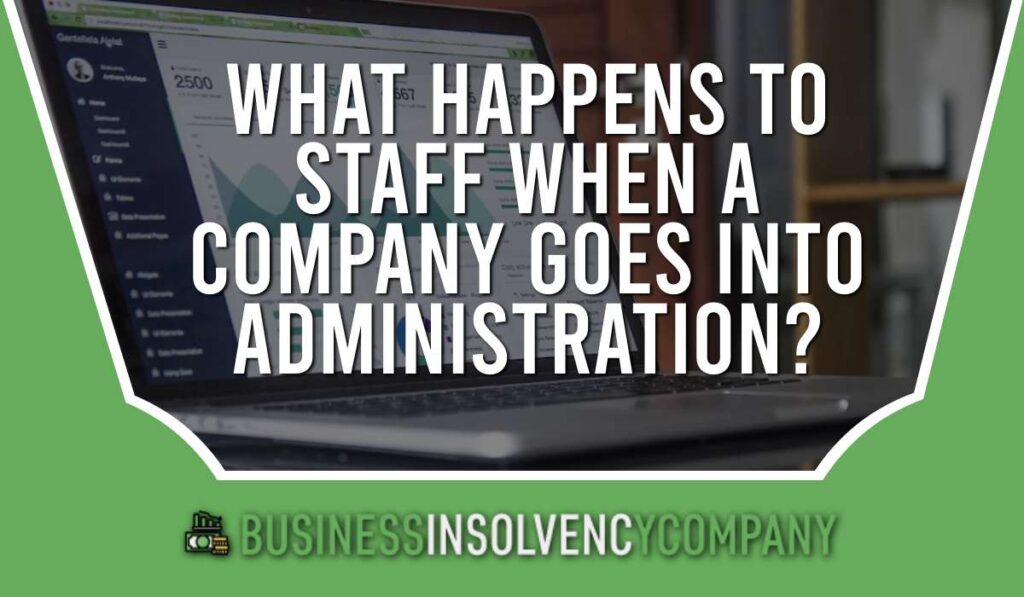





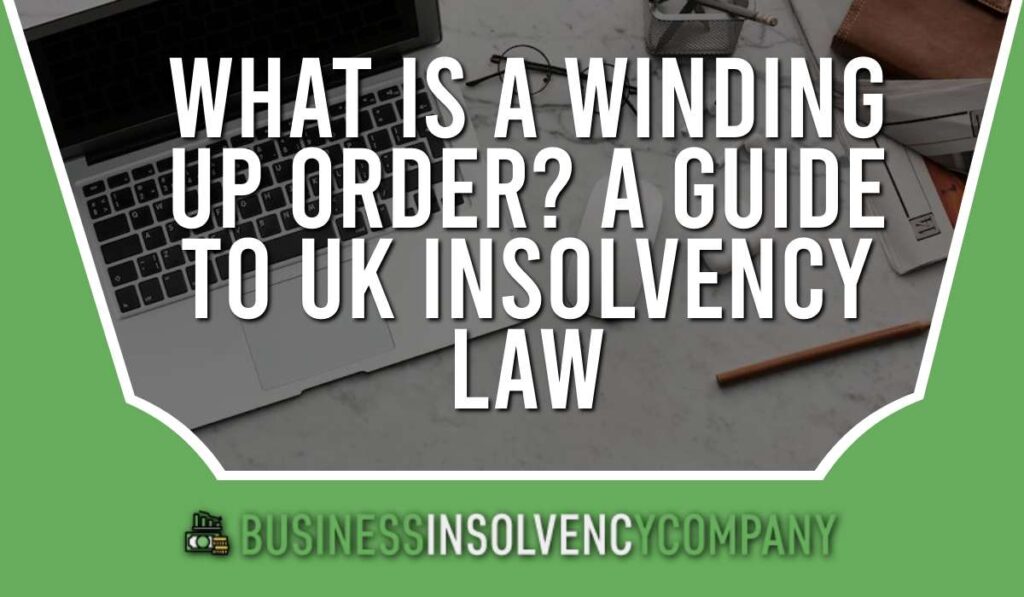




We Aim To Reply To All Enquiries With-in 24-Hours